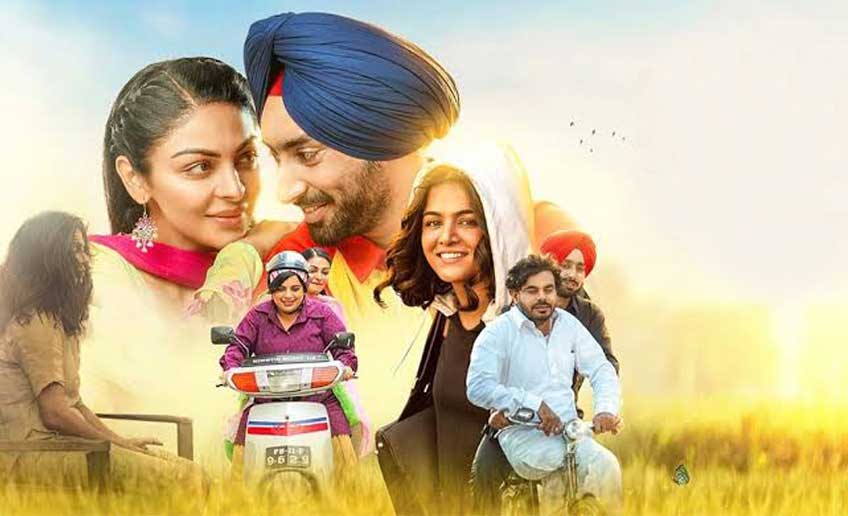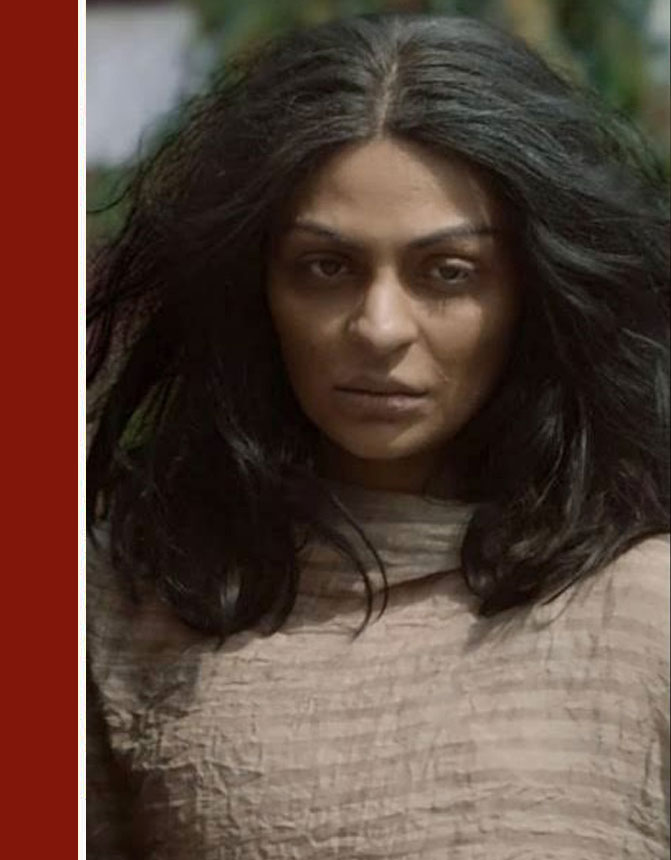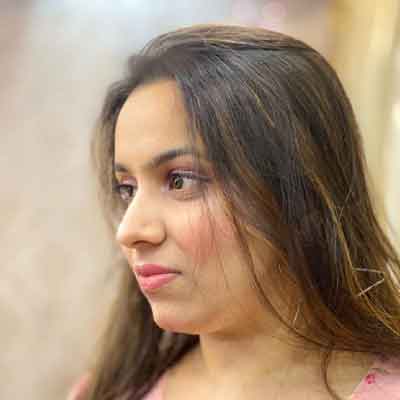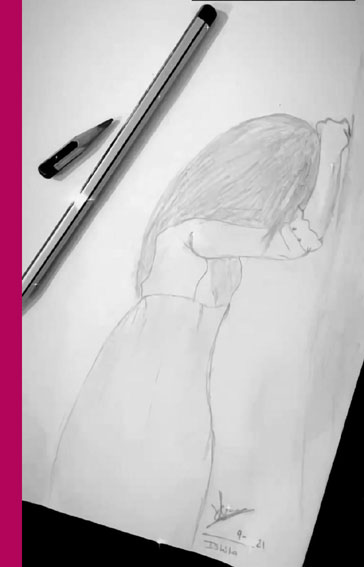
Kali Jotta

Directed by Vijay Kumar Arora and Written by Harinder Kour, Kali Jotta emerges as a poignant Indian Punjabi-language crime drama that boldly tackles contemporary social challenges. This film showcases the talents of Satinder Sartaaj, Neeru Bajwa, and Wamiqa Gabbi in central roles, each contributing to the film’s emotional depth and thematic resonance.

Ishita Singh
Set against a backdrop of entrenched male dominance in society, the narrative unfolds around a determined young lawyer who uncovers the grave injustice faced by her former schoolteacher, Rabia. This revelation ignites a fierce determination within her to confront prevailing norms and champion Rabia’s rightful place in a world often dismissive of women’s struggles.
The film captivates its audience with a relentless pursuit of justice amidst a backdrop of systemic oppression. As the lawyer delves into Rabia’s past, intricate layers emerge, shedding light on the harsh realities that women confront daily. With every twist and turn, Kali Jotta skillfully weaves suspense and emotion, fostering empathy for the characters’ ordeals.
Neeru Bajwa’s portrayal of Rabia exudes vulnerability and strength, painting a vivid portrait of a woman who surmounts numerous hurdles with unwavering resilience. Satinder Sartaaj delivers a powerful performance as a character determined to enact change, while Wamiqa Gabbi’s portrayal deepens the narrative, illustrating the evolution of a young individual into a determined advocate.
The film’s visual storytelling captures the essence of urban Punjab, where modernity coexists with deeply rooted traditional values. Vibrant cityscapes and intimate interiors provide the canvas for the characters’ journeys, reflecting the complexity of their lives. As the story unfurls, the audience witnesses the stark contrast between appearances and internal struggles.
Kali Jotta not only entertains but also prompts contemplation on gender dynamics and societal expectations. It unabashedly confronts the obstacles that women confront, particularly in environments where their voices are stifled. By amplifying these voices and propelling them to the forefront, the film challenges the status quo and sparks conversations about societal transformation.
In conclusion, Kali Jotta stands as a thought-provoking cinematic experience that transcends mere entertainment. With its compelling narrative, poignant performances, and exploration of pertinent societal issues, the film etches a lasting impression on the viewer’s consciousness. It’s a testament to storytelling’s power to illuminate hidden corners of society and foster collective introspection.




